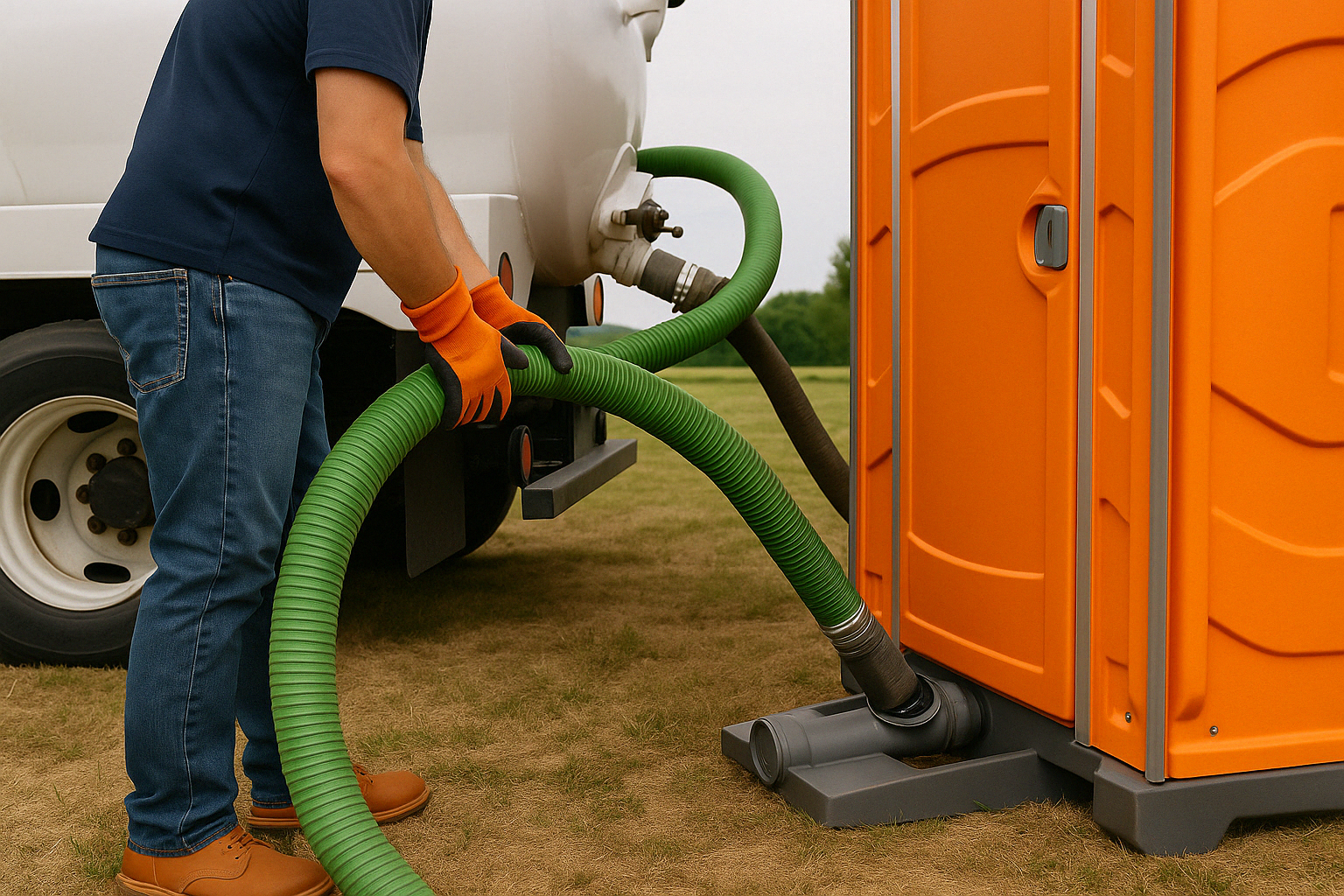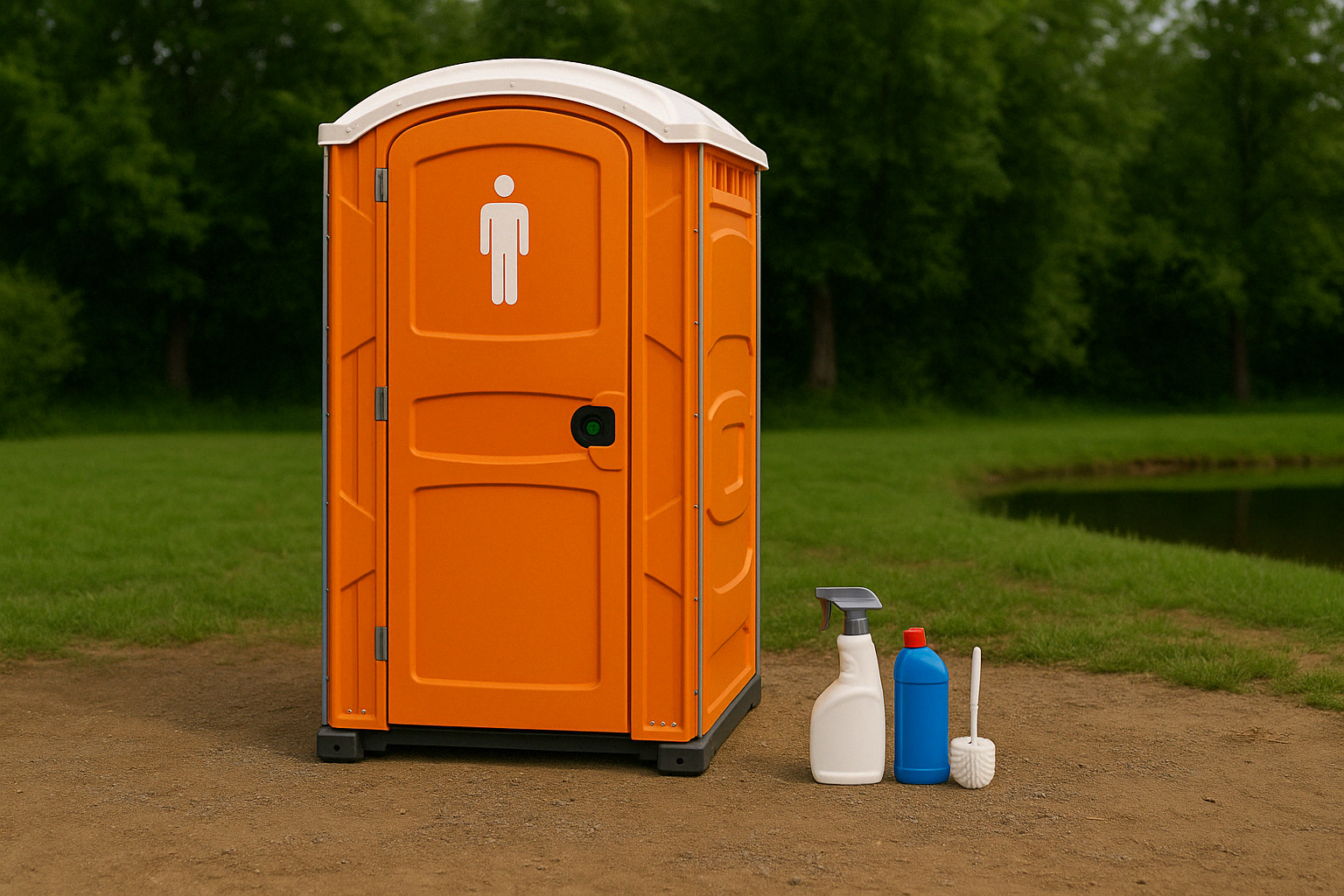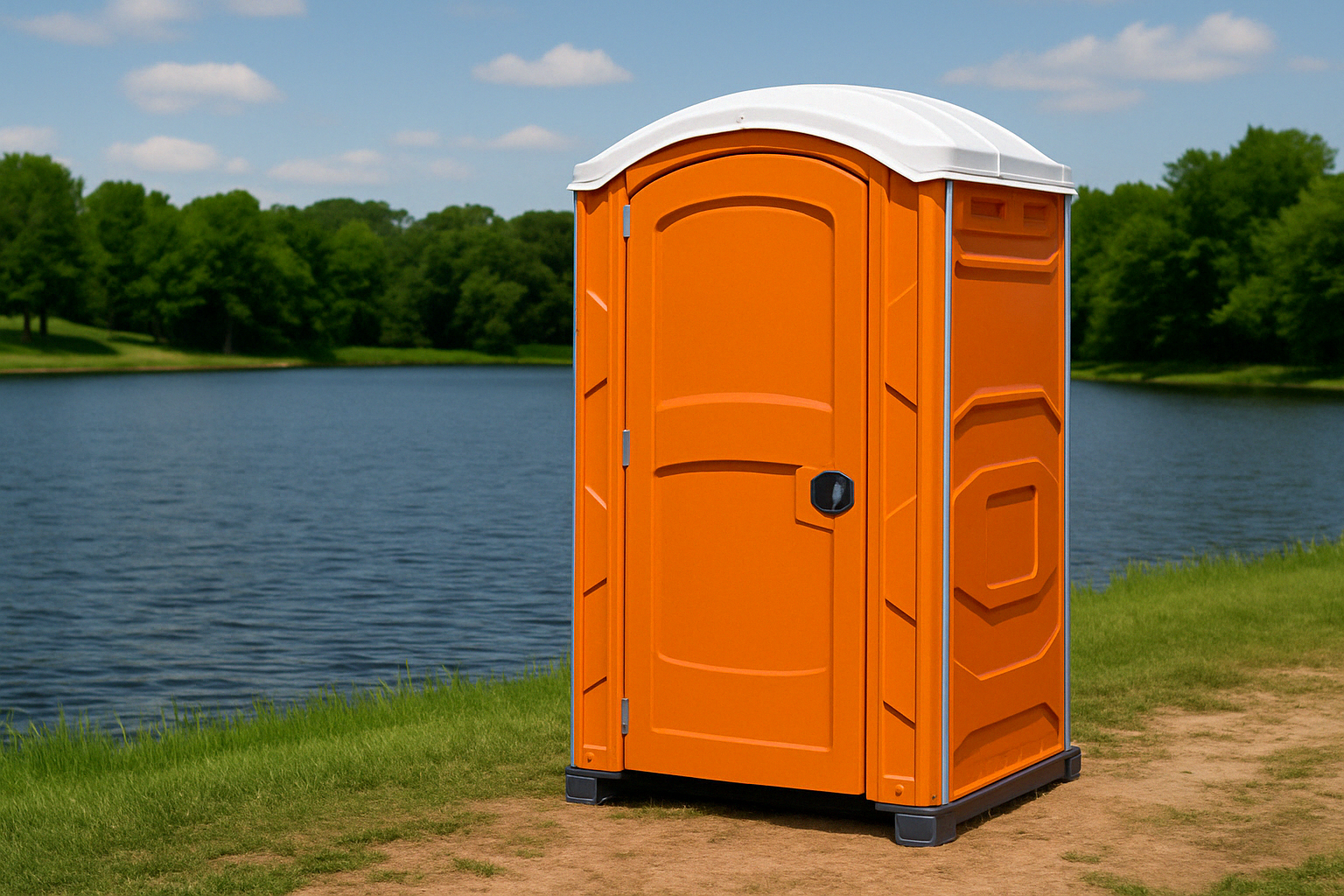The Future of Portable Sanitation: Sustainability and Innovation
Portable sanitation has long been a crucial solution for outdoor events, construction sites, and emergency situations. However, as global awareness of environmental issues grows, the industry is evolving toward sustainability and innovation. With advancements in eco-friendly materials, waste management, and water conservation, the future of portable restrooms looks more promising than ever. This shift is driven by environmental regulations, consumer demand for greener options, and technological breakthroughs that are transforming the industry.
The Push for Sustainable Portable Sanitation
The need for sustainable sanitation solutions has never been greater. Traditional porta-potties, while efficient, often rely on chemical treatments and non-biodegradable materials. New innovations focus on reducing environmental impact through biodegradable materials, renewable energy sources, and waterless waste processing.
The Environmental Protection Agency (EPA) has outlined numerous water conservation initiatives, includingWaterSense, which promotes efficient water use. While WaterSense-certified products primarily apply to indoor plumbing, the principles of water conservation extend to the portable sanitation industry. Reducing water consumption in portable restrooms is critical to sustainable sanitation solutions.
Innovations in Eco-Friendly Portable Toilets
As technology advances, portable restrooms are becoming more environmentally friendly. The following are key innovations shaping the future of portable sanitation:
1. Waterless and Composting Toilets
Traditional portable toilets use a chemical-based holding tank, but new models are embracing composting technology. Composting toilets break down waste naturally using aerobic bacteria, reducing the need for chemical treatments and excessive water use. These systems help minimize sewage waste and convert it into usable compost material.
2. Solar-Powered Portable Restrooms
The integration of solar panels into portable toilets is gaining traction. Solar-powered units provide LED lighting, ventilation, and even hand-washing stations without relying on traditional electrical sources. This makes them ideal for remote locations and eco-conscious events, reducing reliance on fossil fuels and lowering carbon footprints.
3. Biodegradable and Recyclable Materials
Many modern portable restroom units are now constructed from recycled plastics and biodegradable components. Using sustainable materials reduces the environmental footprint of production while ensuring that units can be reused or repurposed at the end of their lifecycle.
4. Smart Sanitation Technology
The use of smart sensors and IoT (Internet of Things) technology in portable restrooms is another major development. These systems monitor:
- Usage levels to optimize servicing schedules.
- Waste levels to prevent overflows.
- Hand sanitizer and toilet paper supply to ensure availability.
This data-driven approach improves efficiency, reducing unnecessary servicing trips and minimizing fuel consumption.
The Role of Regulations and Standards in Sustainable Sanitation
The push toward sustainable portable sanitation is reinforced by regulatory bodies and environmental policies. The Clean Water Act ensures that waste disposal methods do not contaminate natural water sources. Additionally, the EPA’s sustainability initiatives promote innovative solutions that align with national environmental goals.
Applications of Sustainable Portable Toilets
The future of portable sanitation will see wider adoption of eco-friendly toilets in various industries and events. Some of the most impactful applications include:
- Large-Scale Festivals and Events – Many music festivals and sporting events are adopting green initiatives by using solar-powered and composting toilets.
- Construction Sites – Contractors are increasingly investing in sustainable sanitation solutions to comply with environmental regulations and reduce costs.
- Disaster Relief Efforts – Portable restrooms with waterless technology provide critical sanitation services in emergency situations without straining local water supplies.
Environmental and Economic Benefits of Sustainable Portable Toilets
The shift toward sustainable portable toilets offers numerous environmental and economic advantages:
- Water Conservation – Modern portable toilets dramatically reduce water consumption, aligning with EPA water efficiency programs.
- Lower Maintenance Costs – Smart sanitation technology enables efficient servicing, reducing labor and fuel expenses.
- Reduced Carbon Footprint – Using solar energy and biodegradable materials decreases greenhouse gas emissions.
Conclusion
The future of portable sanitation is centered on sustainability, efficiency, and technological innovation. As the industry shifts toward eco-friendly materials, smart technology, and waterless waste processing, portable restrooms will become an even more integral part of modern infrastructure.
For those in Central Virginia seeking reliable and environmentally responsible portable restroom solutions, Ware2Go Site Services offers a variety of options. With a commitment to cleanliness, sustainability, and customer satisfaction, Ware2Go provides:
- Standard Portable Toilets – Durable, well-ventilated units ideal for construction sites and events.
- Handicap-Accessible Portable Toilets – Spacious, wheelchair-accessible restrooms with safety features.
- Luxury Restroom Trailers – Premium restrooms with running water, climate control, and modern amenities.
- Handwashing Stations – Hands-free hygiene solutions that promote cleanliness and prevent germ spread.
Ware2Go proudly serves Bowling Green, Ruther Glen, Fredericksburg, Mechanicsville, Stafford, Falmouth, Dahlgren, King George, Mineral and Richmond City. To learn more about sustainable sanitation solutions, call
(804) 633-9273 or visitWare2Go Site Services.
Tap to share!
Latest Posts







